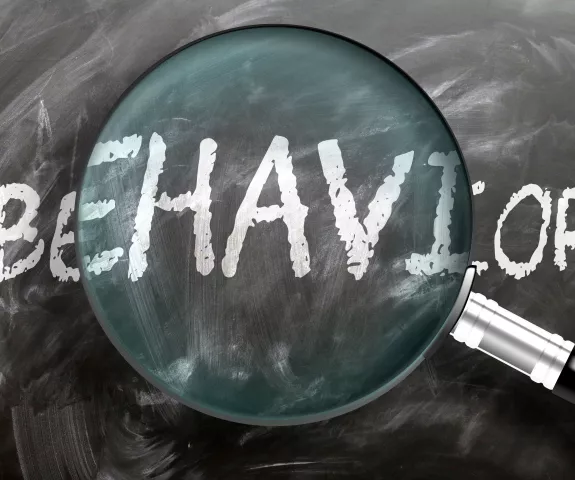
Careers in Psychiatry & Behavioral Science
Forensic psychologists and psychiatrists address a broad range of legal issues when they work on criminal cases, civil cases, and other areas such as family/domestic relations law. In criminal law, the focus is on issues such as competence (e.g., competence to stand trial, to testify, to waive legal representation, or to be executed) and the assessment of mental illness as it relates to criminal responsibility (e.g., Not Guilty by Reason of Insanity (NGRI) or diminished capacity). Civil cases typically require assessment of issues such as involuntary psychiatric commitment, the right to refuse treatment, competence to make medical decisions, and appropriate disability compensation (if any). Family and domestic relations cases may include juvenile delinquency, child custody, parental fitness, domestic abuse, adoption, and foster care evaluations.
Scope of Work
Forensic psychiatrists and psychologists often spend a significant amount of time working with attorneys and judges and are trained in giving effective expert testimony. In organizing the components of a forensic psychiatry assessment, a four-step series of questions is often used: (1) What is the specific psychiatric-legal issue to be addressed?; What are the legal criteria that define this issue (e.g., a state's statutory definition of insanity)?; What are the psychiatric-legal data that pertain to this issue?; and What is the data and reasoning process that the expert uses to reach his/her opinion?
An attorney or other retaining party may ask the expert to opine on several psychiatric-legal issues in a single case or referral and each issue should be addressed separately. Some of these questions require retrospective analysis (e.g., mental functioning and behavior at the time of the alleged offense or at the time of the alleged confession), some are "here and now" determinations (e.g., competence to stand trial), and some require predictions of future behavior (e.g., likelihood of abiding by the terms of probation). The data collected and utilized to formulate opinions obviously will differ depending on the issue the psychiatrist or psychologist is asked to address. Therefore, there is no such thing as a "general" forensic psychiatric or psychological evaluation.
Education and Training
Psychiatrists are medical doctors who generally have completed 12 years of education and training, including undergraduate, medical school, and residency training in general psychiatry. Forensic psychiatrists also may have additional training and experience in subspecialties relevant to the evaluations they conduct (e.g., addiction psychiatry, child and adolescent psychiatry, geriatric psychiatry). Many forensic psychiatrists complete an additional one or two years of post-residency training in psychiatry-and-the-law/forensic psychiatry. Others pursue a career of independent study and on-the-job training.
Forensic psychologists generally major in behavioral science during their four years of college, complete an additional one to two years of training for a master's degree, and spend an additional four to six years in graduate school to obtain a PhD in psychology. Some psychologists complete post-doctoral fellowship training in forensic psychology. Other psychologists study independently and obtain on-the-job-training in forensic psychology.

Career Opportunities
Forensic psychiatrists and psychologists may be employed in private practice; by private hospitals; by state hospitals; by city, county, or state governments; or by the federal government. For example, they may work in a state prison or a state hospital setting. Alternatively, they may have their own private practice and serve as consultants to a broad range of organizations that interface with psychiatry, the behavioral sciences, and the law.
Disciplines of Forensic Science
The AAFS is composed of more than 6,000 scientists organized into 12 sections representing the different areas of interest, activity, education, and expertise of individual members.
Begin Your Journey
How can you get closer to the forensic science community, and do your part in advancing the industry?